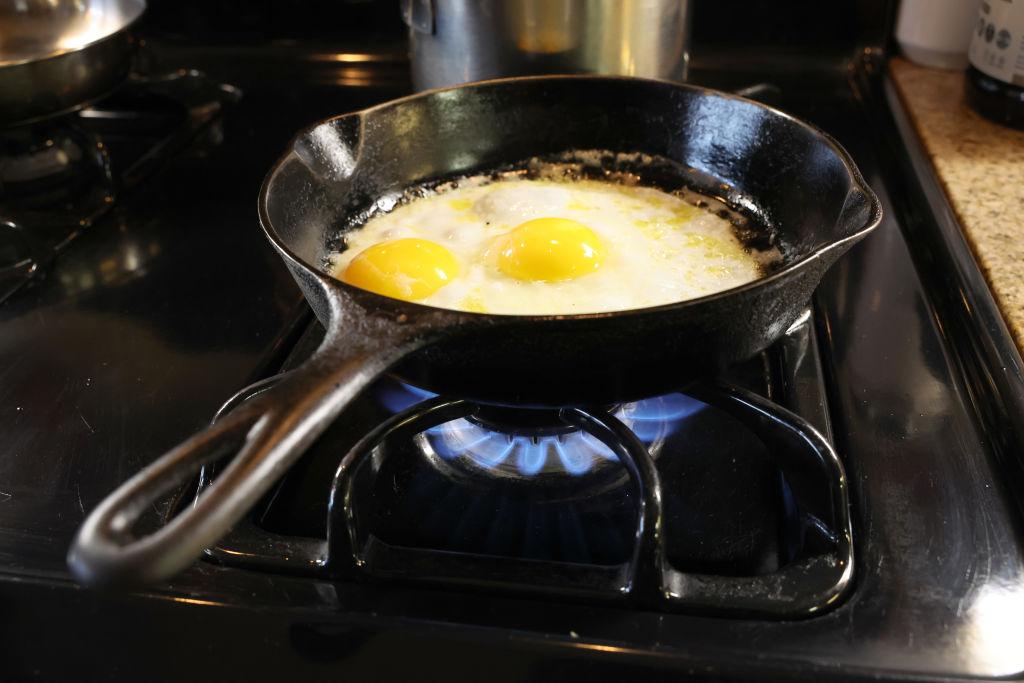Nonprofit group “Hands Off My Stove” is pushing against government attempts to ban the use of gas stoves, aiming to create a “level playing field” for kitchen equipment.
“Our Mission at Hands Off My Stove is to preserve our right to choose to cook our meals any way we want without government interference. We are defending the rights of cooks and homeowners from the elitist policymakers and politicians who think they have the right to tell you how to make dinner,” the group says in its mission statement.





